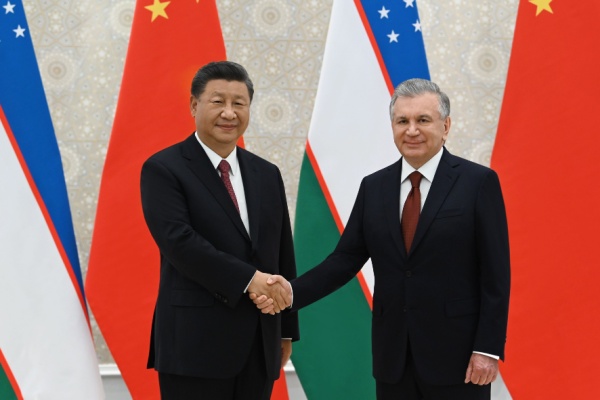China’s Free Riding in Central Asia’s Security Arrangements
By Vali Kaleji
June 20, 2024
Contrary to the economic, financial, and commercial domains where China has supplanted Russia in the five Central Asian states, Beijing is reluctant to assume a similar role in defense and security. China’s strategy, characterized by “free riding” at the expense of Russia and the Collective Security Treaty Organization (CSTO), has significantly influenced the Shanghai Cooperation Organisation’s (SCO) passive and conservative stance. Indeed, this aspect of China’s “soft power” has been instrumental in mitigating the escalation of anti-Chinese sentiments and “Sinophobia” within the region. By adopting a free riding approach and refraining from direct intervention in Central Asia’s security arrangements, China has been able to concentrate on economic, trade, and transit relations, particularly the Belt and Road Initiative. This strategy has facilitated China’s ability to address competition and strategic threats in other regions, notably Asia-Pacific and the Indian subcontinent.
Russia’s Retreat and Counterattack in Central Asia
By Stephen Blank
May 9, 2024
Russian power is retreating from the Caucasus and Central Asia, most prominently with the withdrawal of Russian peacekeepers from Nagorno-Karabakh and Washington’s concurrent decision to open discussions with Yerevan on military support. The same process is discernible in Central Asia in the lukewarm support for the war in Ukraine and Kazakhstan’s critique of that war. Other harbingers of the trend are the gradual erosion of Russian language use and China’s dominance in regional finance, trade, and investment. Nevertheless, Moscow still deploys substantial leverage over Central Asia and individual states and can conduct purely domestic policies that negatively affect Central Asian governments and citizens. Moreover, recent indicators suggest that Russia is launching a campaign to restore its hegemonic position in Central Asia. Thus, despite the war in Ukraine and the burdens it has imposed, current Russian policies in Central Asia amount to a determined resistance to its equally observable retreat.



 Silk Road Paper S. Frederick Starr,
Silk Road Paper S. Frederick Starr,  Book Svante E. Cornell, ed., "
Book Svante E. Cornell, ed., "